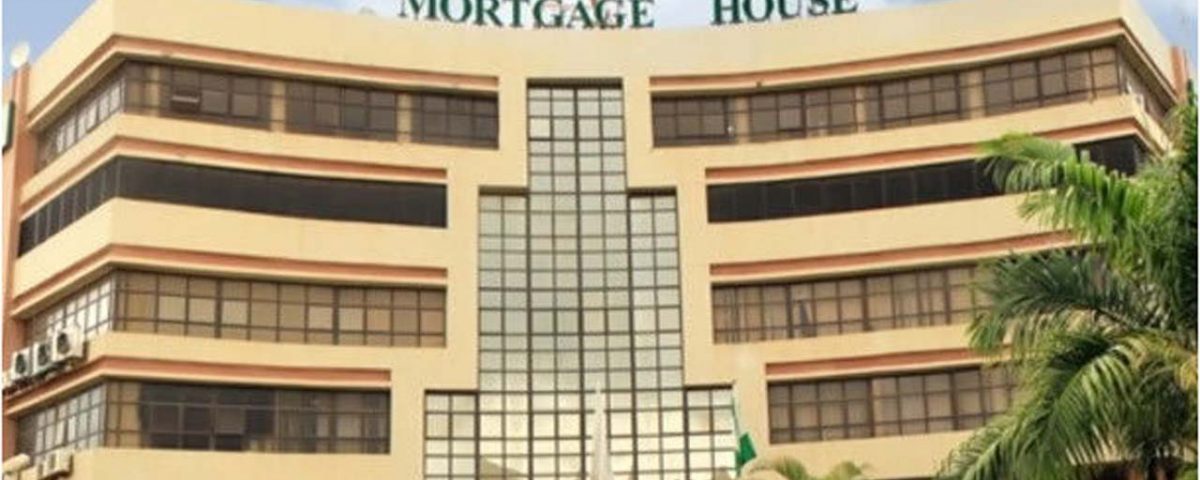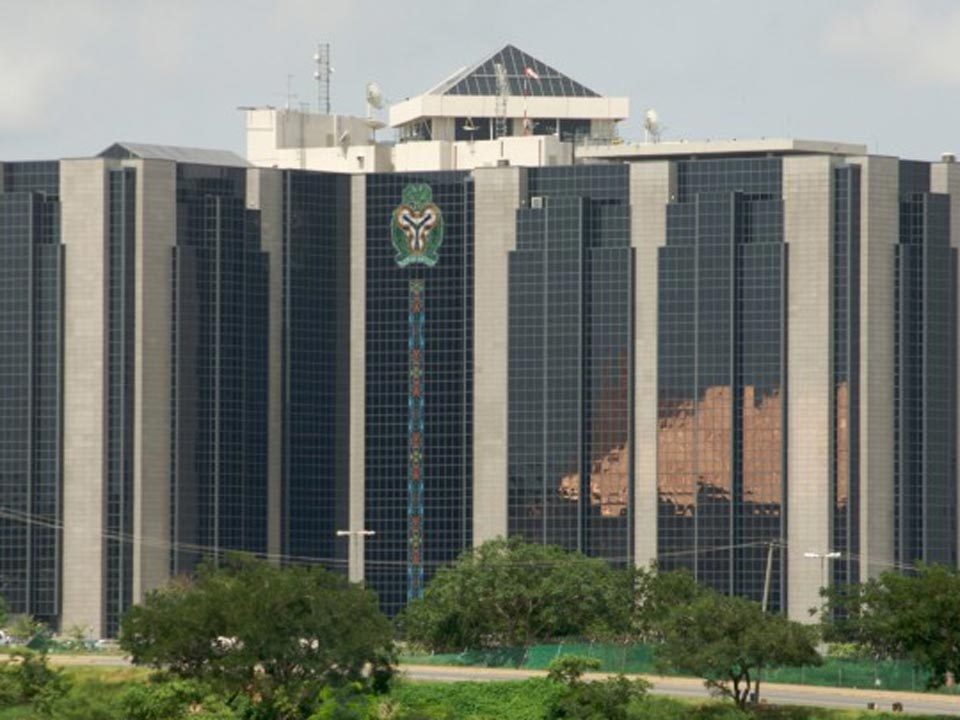FMBN made the disclosure in a memo to the National Council on Lands, Housing and Urban Development (NCLHUD), exclusively obtained by The Guardian. The NCLHUD held its sixth meeting recently in Abuja, and Chaired by the Minister of Power, Works and Housing, Babatunde Fashola.
It said despite the challenges hindering its optimum performance such as inadequate capital base, legal, regulatory and macroeconomic factors facing the Nigerian housing sector, it made disbursement of N1.09billion for the delivery of 204 housing units under on-going Estate Development Loan (EDL)
This is even as the FMBN called on the Federal Government to establish a Building Construction Bank (BCB), which would be charged with the mandate of providing housing loans, and strengthening the Infrastructure Development Bank, to allow the FMBN to concentrate on its operational mandate of mortgage banking.
In the memo, FMBN sought the implementation of earlier decision of the Council during its 5th meeting in 2016, to recapitalise the Bank to a minimum capital base of N500billion, and stressed the need for all stakeholders to play their expected roles to actualise the recapitalisation process.
Although, it did not disclose the amount owed it by the Central Bank of Nigeria (CBN), but FMBN urged the apex bank “to pay its outstanding equity capital obligations.”
FMBN expressed concern that seven states including Lagos, Kano, Edo, Ondo, Kebbi, Niger, and Oyo had withdrawn from the NHF scheme but urged the respective governments to return and commence the statutory deduction of 2.5 per cent of monthly income from their workers and remit same to FMBN in compliance with the NHF Act.
Further, it sought the Council’s approval of its initiative for the full enforcement of the Act, which mandates investments by banks and insurance companies to increase the funding capacity for affordable housing finance in Nigeria. It also urged states to reduce costs of title issuance, mortgage perfection fees, and adopt best practices in processing land-related transactions.
FMBN noted that affordable housing remains a challenge in Nigeria, as a result of the low purchasing power (N18,000 per month) of the workers.
According to the Bank, “While down payment on mortgage was as high as 40 per cent, interest rate on mortgage loan ranges between 16-32 per cent. Only FMBN’s National Housing Fund scheme offers a six per cent interest on its loan products as at date.”



